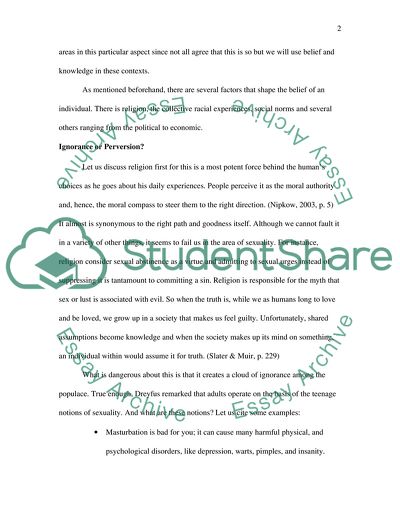Cite this document
(Belief versus Knowledge Report Example | Topics and Well Written Essays - 1250 words, n.d.)
Belief versus Knowledge Report Example | Topics and Well Written Essays - 1250 words. https://studentshare.org/religion-and-theology/1705073-belief-versus-knowledge
Belief versus Knowledge Report Example | Topics and Well Written Essays - 1250 words. https://studentshare.org/religion-and-theology/1705073-belief-versus-knowledge
(Belief Versus Knowledge Report Example | Topics and Well Written Essays - 1250 Words)
Belief Versus Knowledge Report Example | Topics and Well Written Essays - 1250 Words. https://studentshare.org/religion-and-theology/1705073-belief-versus-knowledge.
Belief Versus Knowledge Report Example | Topics and Well Written Essays - 1250 Words. https://studentshare.org/religion-and-theology/1705073-belief-versus-knowledge.
“Belief Versus Knowledge Report Example | Topics and Well Written Essays - 1250 Words”. https://studentshare.org/religion-and-theology/1705073-belief-versus-knowledge.


